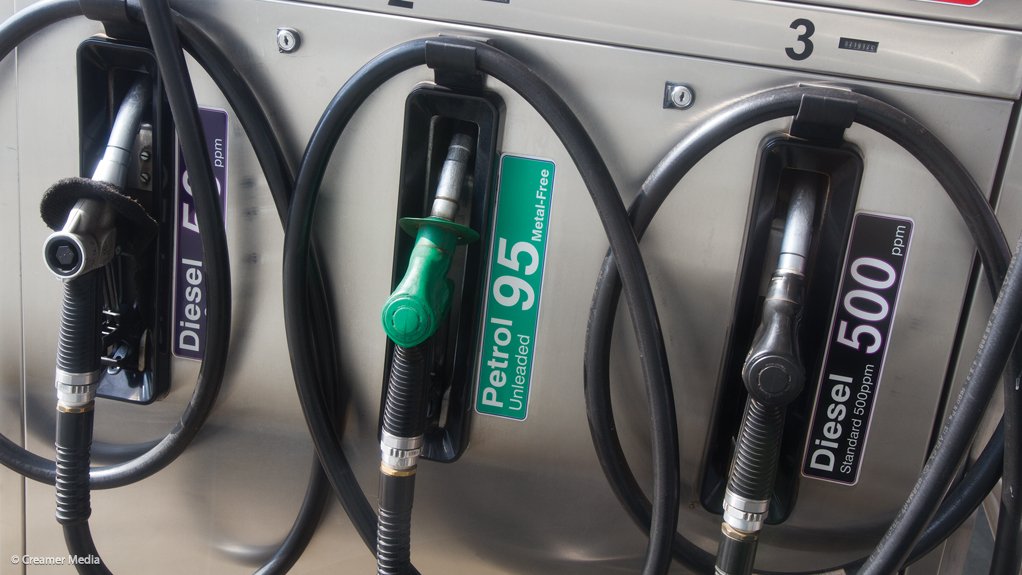South African fuel suppliers are looking to utilise trucks to transport the commodity inland as the cost of using the nation’s main pipeline operated by Transnet surges.
The National Energy Regulator of South Africa granted State-owned Transnet an 8.7% tariff increase effective April 1 on the line that runs from the coastal city of Durban to the Gauteng province, where the commercial hub of Johannesburg is located. Prices will increase another 5.7% in the next financial year.
Trucking fuel “just makes sense, it’s quicker, the cost is almost the same,” Avhapfani Tshifularo, chief executive of Fuels Industry Association of South Africa, a lobby group whose members include BP Plc, Shell Plc and TotalEnergies SE, said in an interview. “The tariff is going to keep on increasing because the volumes are dropping.”
Transnet is trying to turn around its logistics operations, from rail to ports, after years of graft and mismanagement hollowed the business out. The growing appeal of transporting fuel by road comes as Africa’s most industrialised nation becomes more dependent on imports because of declining refining capacity.
“Transnet Pipelines notes the concerns raised regarding increasing logistics costs in the inland fuel supply chain,” the company said in a reply to questions. A study is being concluded on fuel consumption, demand forecasts, and infrastructure constraints, “with the ultimate goal of identifying actionable levers to grow pipeline volumes and reduce long-term logistics costs,” it said.
Fuel sent through the pipeline from Durban still needs to be trucked the last stretch to its final destination at a total cost that’s about a third higher than transporting it exclusively by road, Daan Joubert, managing director of Auto Commodities and Payloads, which includes fuel and logistics businesses, said by phone. Lower pipeline tariffs “could boost the economy, especially inland, due to reduced fuel pricing,” he said.
The 555-kilometer multi-product pipeline was upgraded in 2012 to ensure inland fuel supply could be met and lower the number of trucks on the road to reduce traffic congestion.
Transnet’s refined volumes have declined in the last five years and it missed targets by 11% in 2024, according to its annual report. That occurred even as revenue rose for the pipeline unit during the same period.
Still, the line has transported about 85% of the total inland provincial market over the past five years, according to Transnet. Fluctuating volumes on the pipeline reflect broader market dynamics including shifting consumption patterns and imports, it said.
Tshifularo said slow economic growth has already dented diesel demand, and gasoline usage will also decline as vehicles become more efficient. Consumption of both fuels has dropped to the lowest level since 2020 in South Africa, according to the lobby group.
EMAIL THIS ARTICLE SAVE THIS ARTICLE FEEDBACK
To subscribe email subscriptions@creamermedia.co.za or click here
To advertise email advertising@creamermedia.co.za or click here











